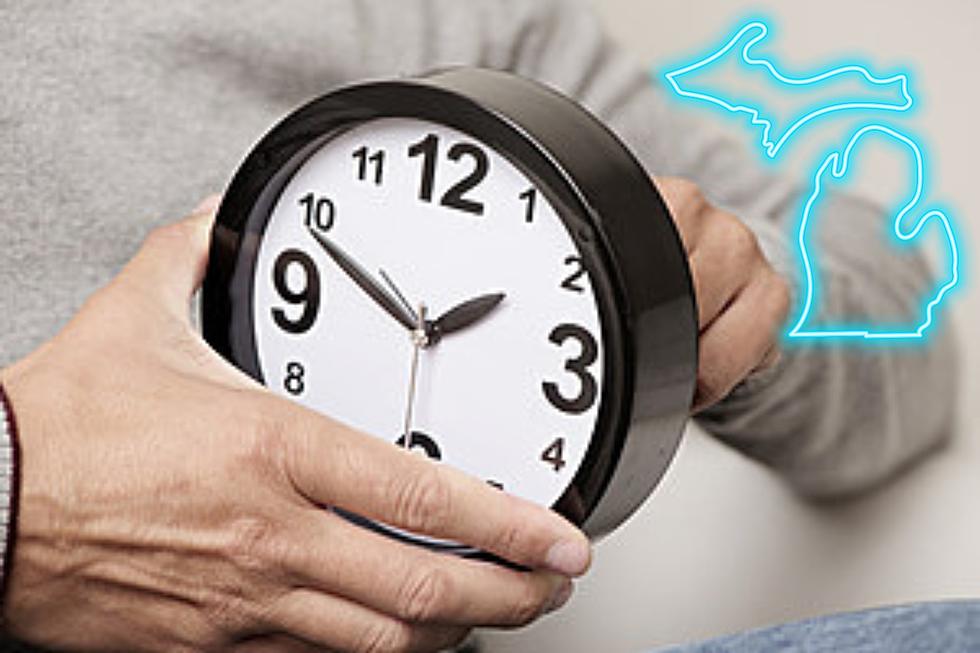
Daylight Saving Time Begins Sunday – Tips to Help You Cope with the Time Change
Sunday, March 11th marks the beginning of Daylight Saving Time.
We lose an hour of sleep, but as our bodies struggle to adjust to the new schedule, we actually face increased risks.
- The annual 'Spring Forward' ritual has been linked to an increased risk of heart attacks in the weeks immediately following the time change. The number of heart attacks is said to decrease slightly following the the fall time change.
- In the weeks following the spring time change, there are more traffic accidents. However, during the course of Daylight Saving Time, there are fewer traffic-related fatalities than during Standard Time.
What can you do to lessen the effects of DST-lag, and help your family adjust to the time change? Here are some tips, courtesy of Ssunita Kumar, medical director of the sleep program at Loyola University Chicago Stritch School of Medicine:
Start early: Got to bed 15-30 minuets earlier than usual on the nights preceding the time change.
Get plenty of light: Sunday morning, flood your house with natural light. (no, not the beer) Go outside too. Even if it's rainy or cloudy, outside light will help reset your body's internal clock.
Resist temptation: Avoid taking a nap Sunday afternoon, and try to avoid caffeine, nicotine, and alcohol, all of which can make sleep difficult.
Dim the lights: Exposure to bright light in the late evening delays bedtime.
How does your family deal with adjusting to Daylight Saving Time?
More From Cars 108




![Daylight Saving Time — The Struggle Is Real! [VIDEO]](http://townsquare.media/site/87/files/2015/10/Daylight-Saving-e1446129487410.png?w=980&q=75)
![Watch Daniel Tosh’s Hilarious (But NSFW!) Take on Daylight Saving Time [VIDEO]](http://townsquare.media/site/87/files/2015/03/Daniel-Tosh.jpg?w=980&q=75)



